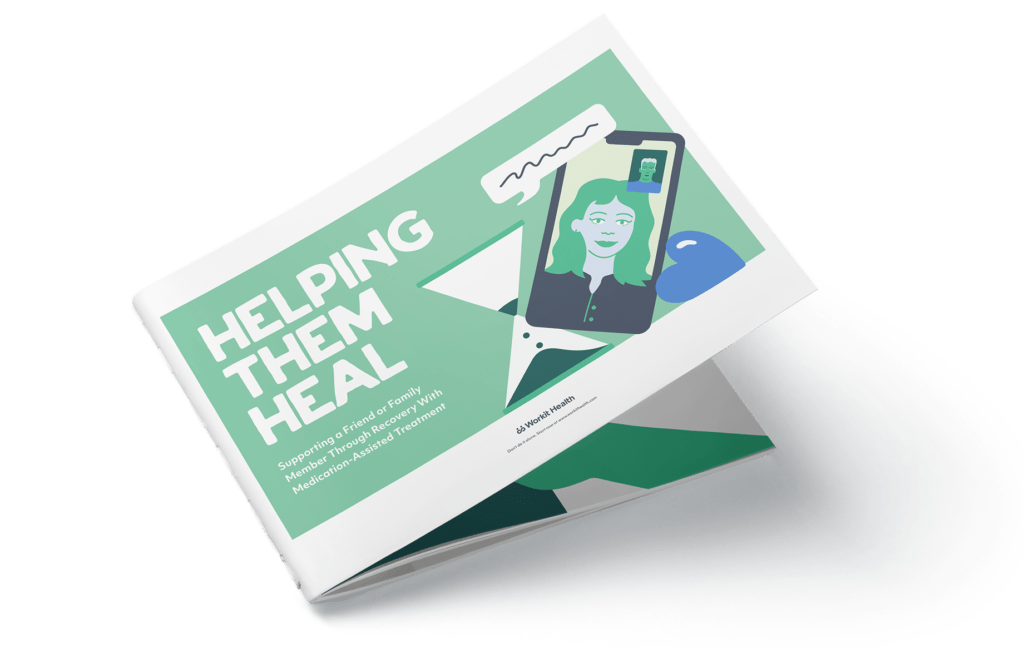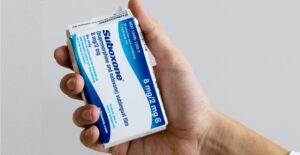
Sober Isn’t Boring
Long-term recovery is a huge accomplishment; it’s a choice that we make over and over again every day. It opens up the world of possibilities


Olivia Pennelle (Liv) has a masters in clinical social work from Portland State University. She is a mental health therapist, writer, and human activist. Her writing has appeared in STAT News, Insider, Filter Magazine, Ravishly, The Temper, and Shondaland. She is the founder of Liv’s Recovery Kitchen, Life After 12-Step Recovery, and Tera Collaborations. She lives near Portland, Oregon. Follow her on Instagram @Livwritesrecovery and @teracollaborations

Long-term recovery is a huge accomplishment; it’s a choice that we make over and over again every day. It opens up the world of possibilities

No matter how weird recovery feels at first, SOMEONE else can relate to what you’re going through and show you how they navigated it. Find the creators who can inspire your recovery. Here are a few who inspired me.

How is a substance use disorder diagnosed? And is it a good thing or a bad thing to get that diagnosis? This blog breaks it down.

I’ve struggled with anxiety my whole life, and tried to self-medicate it for a long time. In recovery, here’s how I deal with my anxiety.

With modern technology and science, it’s now possible to get PrEP for HIV via telemedicine. Here are answers to many of your questions about getting and using PrEP.

Friends can play an important role in your recovery from substance use disorder. Here are some green flags of supportive friends and red flags to watch out for.

While some stages of substance use disorder can be hidden, after a while it becomes quite obvious—as much as we like to think we’re great at covering our tracks. Whether your family know or not, telling them can be daunting.

Liv is in recovery. Here’s why she chooses to take prescription pain meds when necessary, and how she maintain my recovery.
Drink tracking apps are popular, but do they actually help? Research is limited, but there is some evidence that tracking your drinks can help you cut back.

The myth that “Suboxone is just legal heroin” is wrong and damaging. It keeps people from getting help with their opioid use disorder.

Precipitated withdrawal is intense and miserable, and may discourage people from medication-assisted treatment. But if you wait until directed to start buprenorphine, you can avoid precipitated withdrawal.

Dreams about drinking or using can be frightening in recovery. Here’s why people have relapse dreams and what to do if you have one.

Substance use is a leading cause of death during or shortly after pregnancy. Stigma often keeps these people from treatment.

We all deserve good quality medical care every time we see a provider. Learning to advocate for ourselves helps us get that.

Toxic positivity is weirdly common in recovery circles, and has the potential to be very harmful. How can we recognize it, and how is it different from healthy optimism?

Negative self-talk refers to unhelpful ways of thinking that can keep us stuck. Here are some simple techniques to counter them.
👉 Using insurance? Coverage checks are always for free in the Workit Health app.
This site uses cookies to improve your experience. By using this site, you consent to our use of cookies.